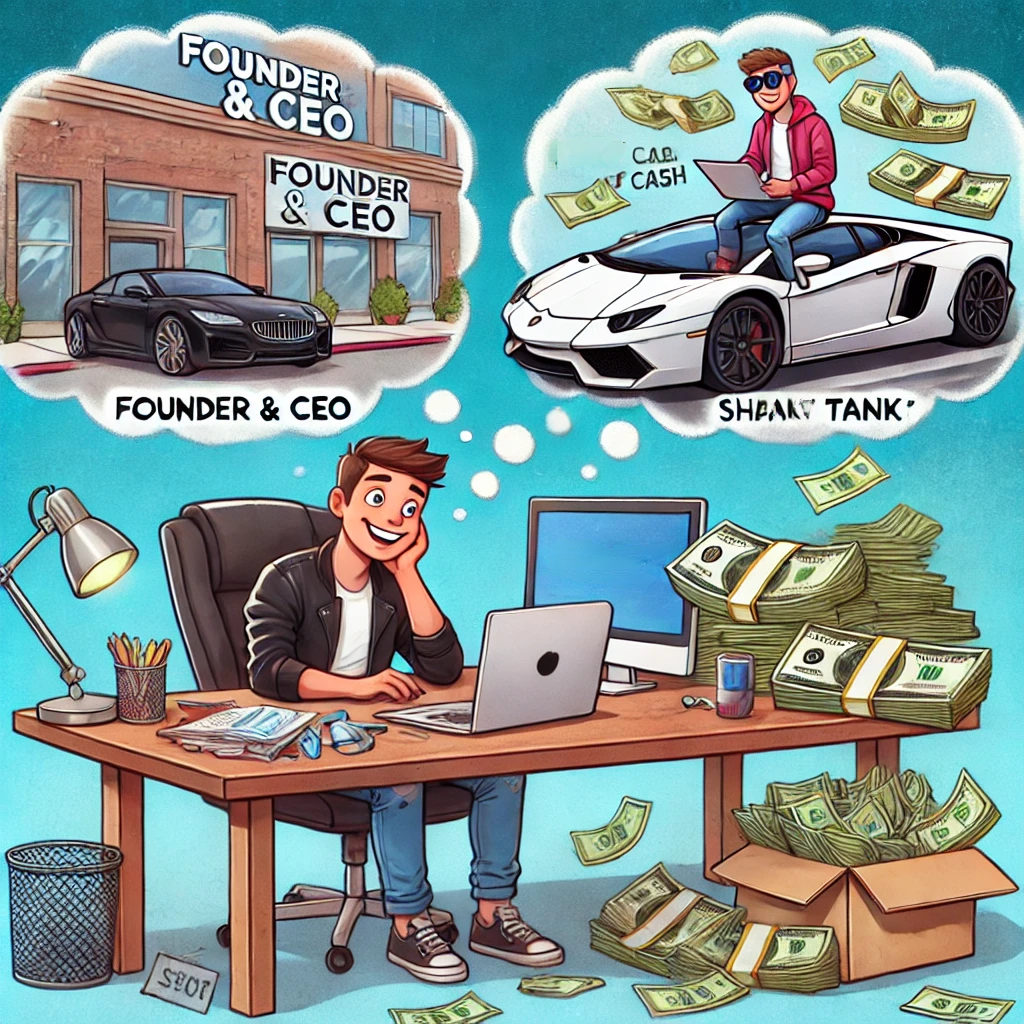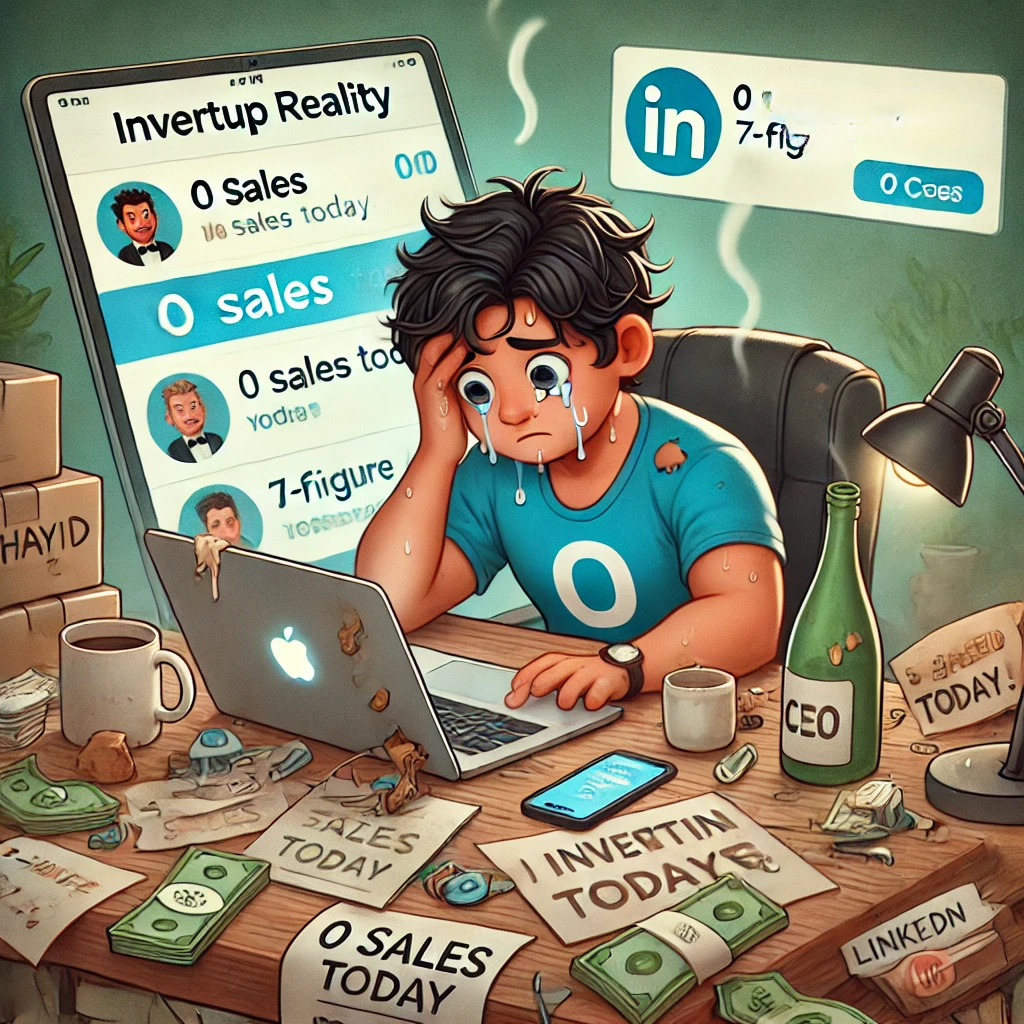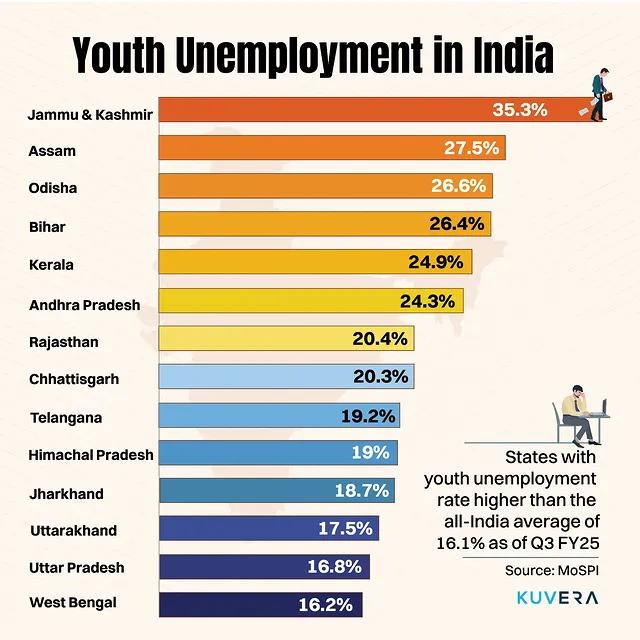Back
Mannan Baluvuri
Lifelong Learner • 8m
I was reading 𝗣𝗮𝘂𝗹 𝗚𝗿𝗮𝗵𝗮𝗺’𝘀 “𝗪𝗵𝘆 𝗡𝗼𝘁 𝘁𝗼 𝗦𝘁𝗮𝗿𝘁 𝗮 𝗦𝘁𝗮𝗿𝘁𝘂𝗽” 𝗼𝗻 𝗬𝗖 𝗦𝘁𝗮𝗿𝘁𝘂𝗽 𝗦𝗰𝗵𝗼𝗼𝗹, and it really got me thinking. Here’s a quick summary of what he says - 1. You’re never too young to start a startup if you can stay calm under pressure and learn from criticism. 2. If you feel inexperienced, the best way to learn is by starting and failing fast—failure teaches faster than any job. 3. Determination matters more than genius. If you’re motivated to work on your own projects, you already have what it takes. 4. You don’t need to be a genius—worrying about it means you probably are smart enough, and effort beats brains often. 5. Business knowledge isn’t required upfront—focus on building something people love, and money will follow. 6. Starting alone is tough—find a committed cofounder early or move where you can find one. it increases your chances a lot. 7. Most startups pivot early, so start by solving a real problem you understand. Your idea will evolve. 8. There’s no limit to startups—just like many work in big companies, many can thrive in small startups that satisfy new needs. 9. If you have family responsibilities, startups can be risky—consulting or joining an early startup might be safer. But if you’re young and free, it’s a great time to start. 10. Startups are brutal and demand full commitment, most avoid them unless necessary, but for those who love passion-driven work, it’s worth it. 11. Both jobs and startups take years. If you’re independent, okay with uncertainty, and ready to commit, startups can be more rewarding, especially when young. 12. Fear of uncertainty is normal—your startup will probably fail, and that’s okay. Failure is expected and often more valuable than playing safe. 13. If you need structure and direction, startups aren’t for you—they require initiative and independence. 14. People who’ve worked dull jobs often make better founders because they know what to escape—no more pointless office routines. 15. Parents push safe careers out of love and tradition, but protecting you from risk also limits rewards—understand their concerns but find your own way. 16. Regular jobs are actually a recent default—startups might be the next big shift in how we create wealth and freedom, like the shift from farming to manufacturing. Also, I’m curious — what other reasons do you think there are for not starting a startup?
Replies (2)
More like this
Recommendations from Medial
Anonymous
Hey I am on Medial • 1y
A platform to find jobs in startups which are in their nascent phase. The experience gained in startups that are just starting out is immense. It would be great if there was a platform for people to join startups which are in their nascent phases and
See Morepreetam yadav
Find Your Space Shar... • 1y
Most investors tend to doubt young entrepreneurs due to their lack of experience. However, they should consider supporting them, as young entrepreneurs often have fewer family responsibilities. This allows them to dedicate more time and energy to the
See MoreRishav Kumar
🚀 Aspiring Entrepre... • 1y
Why Everyone Thinks Startups Are Better Than Jobs (Until Reality Hits) Startups sound cooler than jobs. Who wants to be “Employee #347” when you can be “Founder & CEO”? Social media makes it look like freedom, money, and Lamborghinis. Reality? Not s
See More

Muaadh Firfiray
Hey I am on Medial • 1y
Hi everyone, I’m Muaadh Firfiray, a 12th-grade student with a deep interest in the world of business and startups. The creativity, innovation, and challenges involved in building something from scratch really excite me. I’m passionate about learning,
See MoreDownload the medial app to read full posts, comements and news.















/entrackr/media/post_attachments/wp-content/uploads/2021/08/Accel-1.jpg)


















